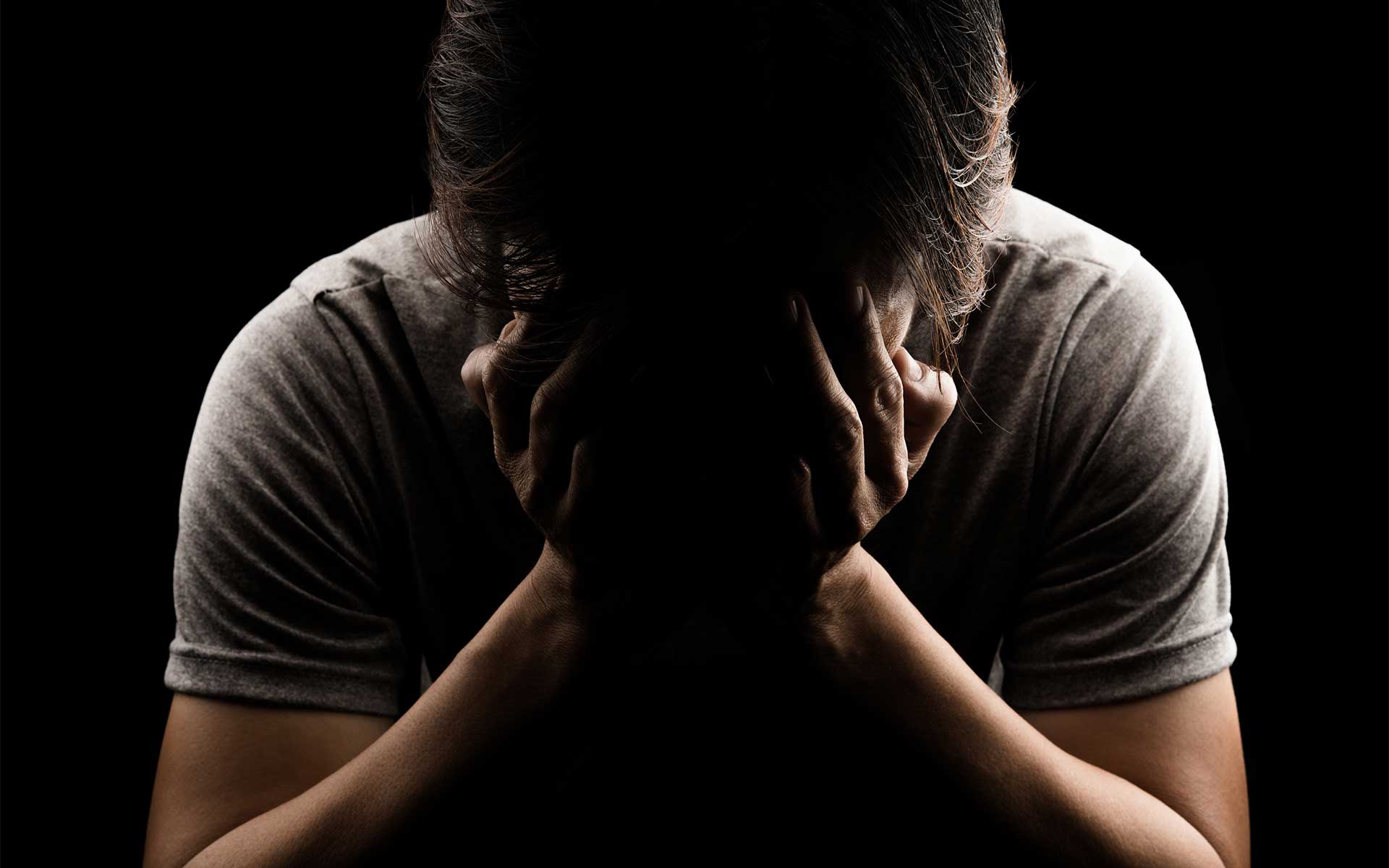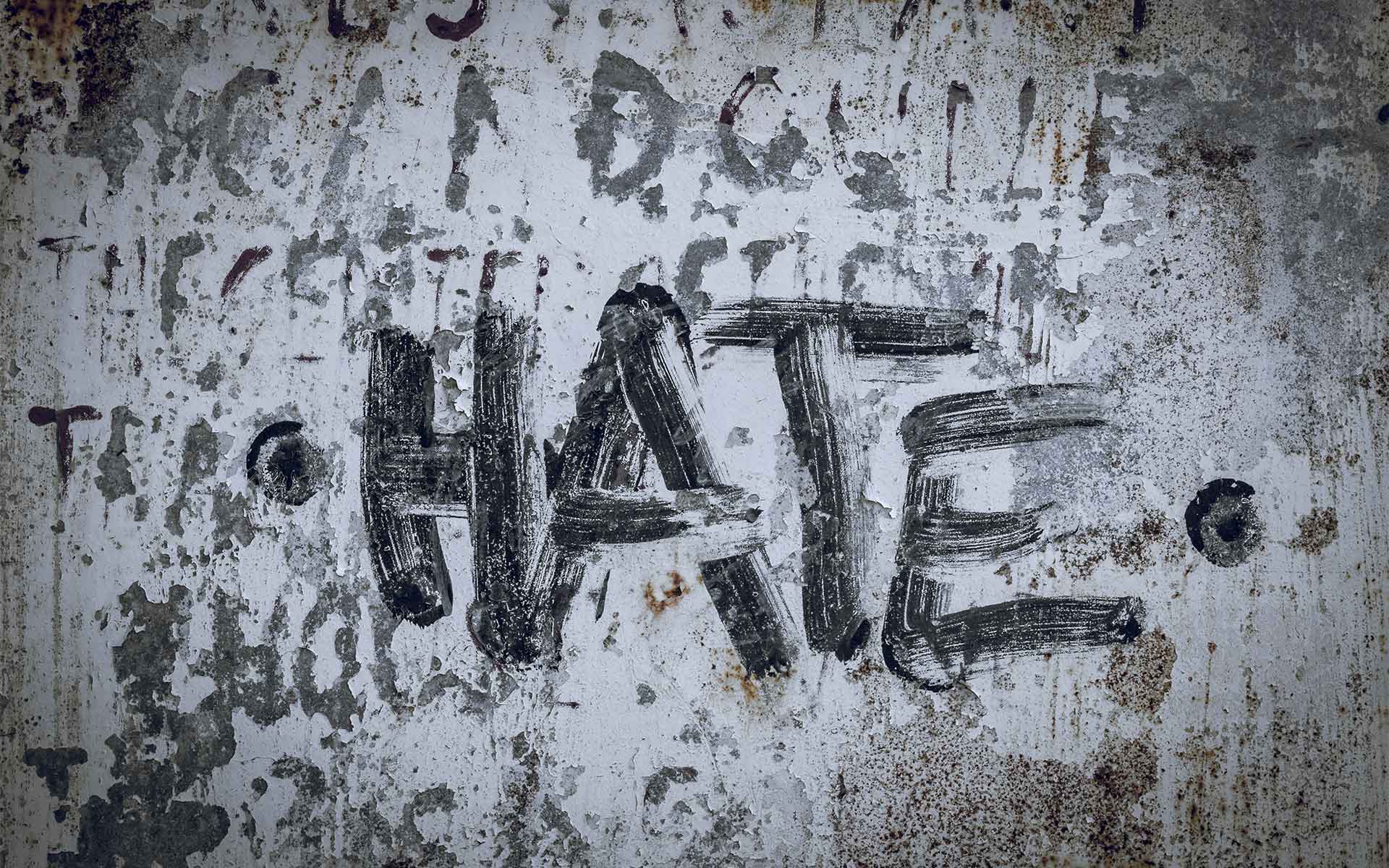
News headlines and conversations about hate crimes have been on the rise in recent years. According to a USA Today news article published in 2023, the number of hate crimes reported to police in the nation’s ten largest cities had risen, breaking decades-old records. Among the ten cities, four were in Texas, including Austin, Houston, Dallas, and San Antonio.
The article includes comments from Brian Levin, professor emeritus and founder of the Center for the Study of Hate & Extremism at California State University, San Bernardino, who states that “the top 10 cities generally match what’s going to happen nationally.” Levin also explains that it’s unlikely hate crimes will decrease in 2024 because ”every election year since data collection began in the 1990s has seen an increase in hate crimes.”
In light of the news and upcoming elections, today’s post covers hate crimes, specifically: what is a hate crime in Texas? We will explain Texas laws on hate crimes and discuss how Texas hate crimes are distinguished and punished, their prevalence in Texas, how hate speech is viewed legally, and more.
What is a Hate Crime?
A hate crime is a criminal act committed against a person or person’s property that is motivated by bias against a person’s or group’s race, color, disability, religion, national origin or ancestry, age, gender, or sexual preference. In simple terms, a hate crime involves criminal acts motivated by hate or prejudice.
For example, let’s say a person is caught on camera vandalizing the exterior of a Jewish temple. The footage also shows them breaking windows to enter and damage property inside the temple. Unlawfully breaking and entering a property, as well as vandalizing, are criminal acts. However, because the property damage included derogatory and offensive slurs and messages against the Jewish faith spray painted on the exterior and interior of the temple, the acts can be classified as motivated by hate and, therefore, classified as hate crimes.
Here’s another example. Let’s say a transgender individual attends an LGBTQ+ event and, while walking home, encounters a group that verbally harasses them with derogatory slurs and threats based on their gender identity. Trying to ignore the group, the targeted individual ignores the slurs and continues walking home. However, the situation escalates, and the group physically attacks the individual, causing injuries that require medical attention. In this case, the assault is motivated by bias and prejudice against transgender individuals, categorizing the act as a hate crime.
What Constitutes Hate Crimes in Texas?
Texas hate crimes are typically considered enhanced penalty offenses. These crimes are defined and addressed by the James Byrd Jr. Hate Crimes Act, signed into Texas Law in 2001. Under this law, a hate crime in Texas occurs when the criminal activity “attempts to intimidate or interfere with another person’s exercise or enjoyment of any right, including the person’s right to freedom of religion, as guaranteed by the constitution and laws of the United States or of this state, by bias or prejudice.” This bias or prejudice applies to the victim’s actual or perceived race, religion, color, disability, sexual orientation, national origin, or ancestry.
Therefore, Texas hate crimes include the following primary elements: a criminal offense, intent or motivation to commit the criminal offense due to bias or prejudice, and interference with the victim’s exercise or enjoyment of rights (including constitutional rights as guaranteed by federal law). However, the James Byrd Jr. Hate Crimes Act applies to criminal offenses without separating criminal charges specifically for hate crimes. Instead, Texas hate crime law allows prosecutors to seek enhanced penalties for crimes committed with bias or prejudice, as defined by the statute.
When Does a Crime Become a Hate Crime in Texas?

To recap, a hate crime in Texas occurs when someone intentionally commits a criminal act against a victim (or their property) because of their race, gender, color, disability, religion, age, national origin, or sexuality. However, there is not a separate category of offenses for hate crimes in Texas. Instead, Texas hate crime cases are subject to enhanced penalties according to the James Byrd Jr. Hate Crimes Act.
Therefore, Texas law enforcement and prosecutors must thoroughly investigate the circumstances surrounding the crime to determine whether it meets the criteria for classification as a hate crime, including the following criteria:
- Motivated by bias or prejudice. If someone targets another specifically because of their membership in a protected class (such as race, religion, or sexual orientation), it can indicate a hate crime.
- Use of hate symbols or language. When hate symbols, derogatory language, or slurs are evident during the commission of the crime, it demonstrates that bias or prejudice may have motivated the crime.
- A history or pattern of similar incidents. When crimes appear to be part of a pattern of similar incidents targeting individuals or groups based on bias or prejudice, a hate crime classification may apply.
- How did the crime impact the victim’s community? Texas hate crimes can also affect the victim’s community, resulting in undue fear, intimidation, and a sense of vulnerability among the targeted group.
What is the Punishment for Hate Crimes in Texas?
Hate crime laws in Texas (under Texas Penal Code 12.47) signify that if an individual is found guilty of a criminal act irrefutably motivated by prejudice or bias, the crime’s punishment is subject to enhancement by one degree. Therefore, a person arrested for disorderly conduct, a Class C misdemeanor, where racial motivation against the victim’s race is irrefutable, can face a Class B misdemeanor charge.
However, there are some exceptions to hate crime punishment-Texas law. A first-degree felony has no enhancement because this conviction already carries a punishment of life in prison. Also, a Class A misdemeanor, the most serious misdemeanor offense, cannot be enhanced to the next level (a felony). Instead, the minimum jail sentence increases to 180 days.
When Does a Crime Become a Federal Hate Crime?
The federal hate crimes law, i.e., The Hate Crimes Prevention Act of 2009, provides funding and technical assistance to state and local jurisdictions to promote the investigation and prosecution of hate crimes. While the state courts handle most crimes, including hate crimes, federal prosecutors can choose to prosecute a Texas hate crime, especially if the circumstances are extraordinary. A hate crime in Texas can also advance to the federal level if the crime impacted interstate or foreign commerce or occurred within federal maritime or territorial jurisdiction.
One of the most famous hate crimes in Texas prosecuted at the federal level is the case that inspired national and Texas laws on hate crimes, i.e., the case of James Byrd Jr. In Jasper, Texas, in 1998, John William King, Lawrence Russell Brewer, and Shawn Berry abducted James Byrd Jr., an African American. They severely beat Byrd before chaining him to a pickup truck and dragging him until he was decapitated.
While the primary prosecution for James Byrd Jr.’s murder occurred at the state level, convicting John William King and Lawrence Russell Brewer to death under Texas law, the federal government also pursued charges against them. A federal grand jury indicted John William King on charges of violating James Byrd Jr.’s civil rights. This brutal murder case sparked nationwide outrage and led to the passage of both state and federal hate crime legislation, including hate crime laws in Texas.
What’s the Difference Between a Hate Crime and Hate Speech?

Is hate speech a crime in Texas? Although extremely offensive, hate speech is not illegal. Under the First Amendment, Americans can rightfully say whatever they want – as long as it does not incite violence. However, if the speech in question incited violence and criminal acts, prosecution for hate crimes could apply.
The Supreme Court’s landmark Snyder v. Phelps (2011) decision exemplified this right to free speech, no matter how hateful. The Court reasoned that the protests in question, while offensive and hurtful, happened on public property and involved “speech on matters of public concern,” such as war, the military, and homosexuality. Therefore, the protesters were entitled to protection under the First Amendment, even if their message deeply upset the mourners at the funeral.
How Common is Hate Crime in Texas?
Although not always reported, hate crimes occur rather prevalently in Texas. According to the U.S. Department of Justice, Texas hate crime statistics in 2022 are as follows:
64.6
32.4
31
Bias motivation for these crimes by category includes the following data:
- Race/Ethnicity/Ancestry – 56.8%
- Religion – 12.3%
- Sexual Orientation – 20.6%
- Disability – 2.4%
- Gender – 1.1%
- Gender Identity – 6.1%
These statistics result from 1,064 of 1,220 Texas law enforcement agencies (87%) that provided hate crime data.
Being accused of a hate crime is serious and can lead to hefty fines and jail time if convicted. Therefore, it’s critical to secure an experienced criminal defense attorney if facing such serious accusations. The Texas criminal defense attorneys at GHC Law Firm can help. Our team of case-winning Austin criminal defense attorneys has the experience, knowledge, determination, and track record to help.
Contact GHC Law to discuss Texas hate crime accusations today.
Texas Hate Crime FAQ
Did Texas make attacking police a hate crime?
Texas enacted so-called “Blue Lives Matter” laws in 2017, which make attacks on law enforcement officials, including judges, a hate crime. Texas Governor Greg Abbott signed the legislation, H.B. 2908, into law in June 2017.
What is the hate crime definition-Texas?
Under the Texas Hate Crimes Act, a hate crime is defined as any crime motivated by “prejudice, hatred, or advocacy of violence.” The defendant must demonstrate motivation that the crime was committed as a result of hatred or prejudice toward the victim because of the victim’s status.


